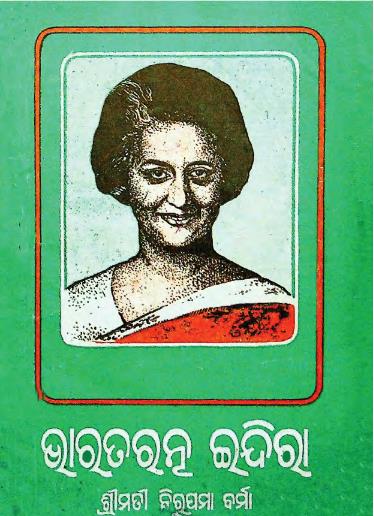Indira Gandhi, born on November 19, 1917, in Allahabad, India, was the daughter of Jawaharlal Nehru, an influential leader in the Indian independence movement. Her upbringing in a politically active family immersed her in the ideals of nationalism and governance from a young age. Indira was educated in some of the finest institutions, including Visva-Bharati University and the University of Oxford, where she honed her leadership skills and developed a global perspective.
Family
Indira’s familial ties significantly shaped her political career. She married Feroze Gandhi in 1942, and together, they had two sons, Rajiv and Sanjay. Her close relationship with her father, Jawaharlal Nehru, as well as her husband’s contributions to politics, provided her with a deep understanding of both the struggles and aspirations of the Indian populace. After Feroze’s death in 1960, Indira faced numerous challenges as a single mother, yet she emerged resilient, often drawing on her family’s legacy to bolster her own political ambitions.
Politics:
Indira’s political journey began in earnest when she became the President of the Indian National Congress in 1959. Her dedication and strategic acumen led her to be appointed as the Minister of Information and Broadcasting. In 1966, she made history by becoming the first female Prime Minister of India, a role she held for an impressive span of 15 years across two terms (1966–1977 and 1980–1984). Indira was known for her strong and decisive leadership style, qualities that both endeared her to many and invited criticism from her opponents.
During her tenure, Indira implemented several landmark policies, including the Green Revolution, which aimed to increase agricultural production and achieve food security for the nation. Her government nationalized major banks and initiated reforms that aimed to reduce poverty and improve education and health services. However, her tenure was not without challenges; her decision to impose a state of emergency from 1975 to 1977 raised concerns about civil liberties and democratic governance.
As Prime Minister, Indira Gandhi was a trailblazer, embodying the spirit of resilience and determination. She played a pivotal role in reshaping India’s foreign policy, fostering close ties with the Soviet Union, and strategically engaging with other nations. Her leadership during the Indo-Pakistan War of 1971 and the subsequent creation of Bangladesh solidified her position as a formidable leader on the world stage.
Despite facing opposition, Indira’s charisma and unwavering resolve helped her to win back power in 1980. Her return was marked by ambitious endeavors, including the pursuit of nuclear technology, which she believed was essential for India’s strategic autonomy and security. Tragically, her life was cut short when she was assassinated on October 31, 1984, by her own bodyguards, an event that shook the nation.
In recognition of her indelible contributions to India, Indira Gandhi was posthumously awarded the Bharat Ratna, India’s highest civilian honor. Her legacy continues to be a subject of admiration and debate, embodying the complexities of leadership and governance in a diverse nation.
Indira Gandhi remains a symbol of strength and determination for many, transcending the barriers of time and inspiring future generations of leaders. Her life story is a testament to the enduring impact of visionary leadership in shaping the trajectory of a nation’s destiny.
Books Info
| Books name | Bharataratna Indira |
| Author | Nirupama Burma |
| No Of pages | 69 |
| Publisher | NA |
| Publication | 2020 |
| Printed At | GyanOdaya Printers |
| Distributor | NA |

